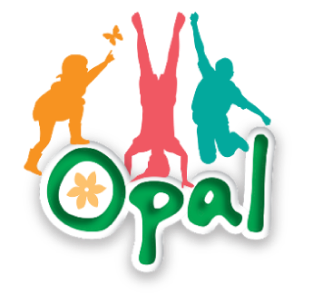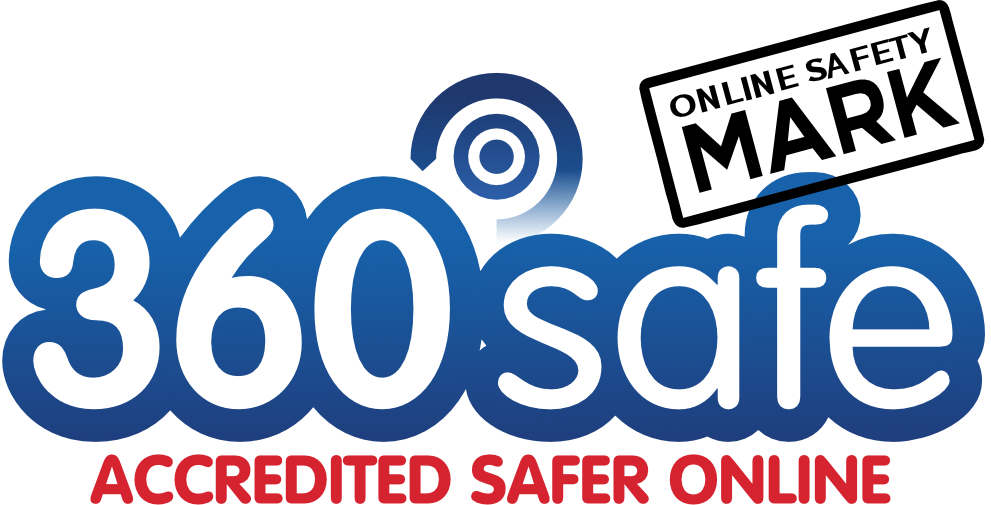
https://reportharmfulcontent.com/
Helping everyone report harmful content online
If you have experienced or witnessed harm online, ‘Report Harmful Content’ can help you to report harmful content online by providing up-to-date information on community standards and direct links to the correct reporting facilities across multiple platforms.
There are eight harms which you can report on: threats, impersonation, bullying/harassment, self-harm/suicide content, online abuse, violent content, unwanted sexual advances and pornographic content. Read more in detail: https://reportharmfulcontent.com/harms/
For under 18’s, there is a child-friendly advice page. Please go to: https://reportharmfulcontent.com/child/
Online Safety
At Mendip Green Primary School we know how much our children enjoy using IT and how it can help them to learn in lots of ways. We want them to be confident and safe users of the Internet and of new technology as it develops. It’s impossible to avoid the the online world and we wouldn’t want to stop children from accessing it as it offers a wealth of opportunities and information. Our aim has to be teaching children to use it in the safest way possible. Being a responsible online citizen is a fundamental life skill that children need to develop so that their behaviours online are safe, respectful and appropriate both now and in the future.
What is Online Safety?
Online Safety refers to child protection and safeguarding of both children and adults in the digital world. It is about learning to understand and use technologies in a safe, positive way, and supporting children and adults to develop safe online behaviours (both in and out of school). The Internet is part of children’s lives these days. It offers many educational opportunities, helps them keep in touch with friends and family and opens up a world of information and experiences. Whether on a computer at school, a laptop at home, a tablet, a games console or mobile phone, children are increasingly accessing the online world in a variety of ways.
As part of our safeguarding commitment we have a designated Online Safety Lead, Paul Barton, who has responsibility for leading our online safety committee of children, staff and governors. As a group we review information and develop safe practices within the school. Part of our role is also to ensure parents are kept informed of school policy.
The children take the lead in sharing key messages, acting as role models and organising events for focused weeks on online safety.
For more information about Online Safety at Mendip Green, visit the Online Safety section of our website or contact Paul Barton via the school office.
Online Safety Curriculum
Our children talk and learn about online safety across the curriculum. It is embedded within our computing and PSHE curriculum. In addition, when devices and the internet are used across the wider curriculum, safe, responsible and acceptable use is part of the learning sequence.
Report an issue
If you have an online safety worry or concern, do not hesitate in contacting us. We can provide advice and signpost you to agencies that can help. We are also able to talk to the children about the issue; where the concern involves multiple children at the school we can notify other families involved and will investigate any concerns that appear to be linked to online bullying or harassment. We encourage children to speak to a trusted adult if they have worries or concerns of their own.
Report an issue nowUseful links for parents
Your digital footprint is the mark that you leave behind when using the internet and can shape your online reputation. Your digital footprints can be positive or negative and shape how people see you now or in the future. Use this simple checklist from Childnet to help manage and maintain your online reputation.
Online sexual harassment - advice for parents
Childnet has produced guidance to help parents & carers and foster carers talk to their children about the important issue of online sexual harassment – specifically when this is happening between children of around the same age.
Gaming - what parents need to know
Gaming is extremely popular with children and young people. It can be difficult to keep up with the latest games and how they work. The CEOP have developed this useful resource to look at the key concerns and how you can support happier, safer gaming for your child.
Managing your child's gaming emotions
Children can get so involved in their gaming that parents are often surprised at how intensely emotional they can get about it. By understanding what’s going on for your child, and following some basic guidelines, you can better support your gaming child.
As children get older, the question of what age they should be given a mobile phone is bound to come up. Unfortunately for parents there is no hard and fast rule. No matter what pressure your child puts on you, this is an important decision which will open up their access to the digital world, and make it harder for you to control. It’s good to think this through carefully and to negotiate some ground rules with your child.
Internet safety and parental controls
You have got an important part to play in your child’s online safety. By learning about the internet and talking to your children about its benefits and risks before they have ventured too far into the online world you can make it easier for them to come to you if something goes wrong. If you wait until it does, then conversations can become tinged with shame and worry and open communication becomes harder.
A practical tool to start discussions about how to behave online and set clear expectations for your family.
Young people love to personalise their own devices by downloading apps which carry out fun and useful functions from looking up the weather forecast, to playing games and sharing photos on a social networking site. There really seems to be an app for everything these days!
Online safety guidance for parents
A printable pocket size leaflet that gives parents and carers points to consider and useful links to help you understand how to deal with online situations.
Young people and screen time - a good start
Resources for parents and carers to help children get off to a good start using digital devices.
Social media apps and their age range
Social Media is one of the most popular aspects of the internet, and with the amount of apps available for download increasing constantly, keeping young people safe online has never been more important. But what exactly do we need to know about the age restrictions and safety on these apps in terms of internet safety?
What is explicit or inappropriate content?
As children start to explore the internet, they may come across content that isn't suitable for their age, or that may upset or worry them. The NSPCC have lots of advice to help you and your child if they have seen explicit or harmful content.




 ↑
↑




